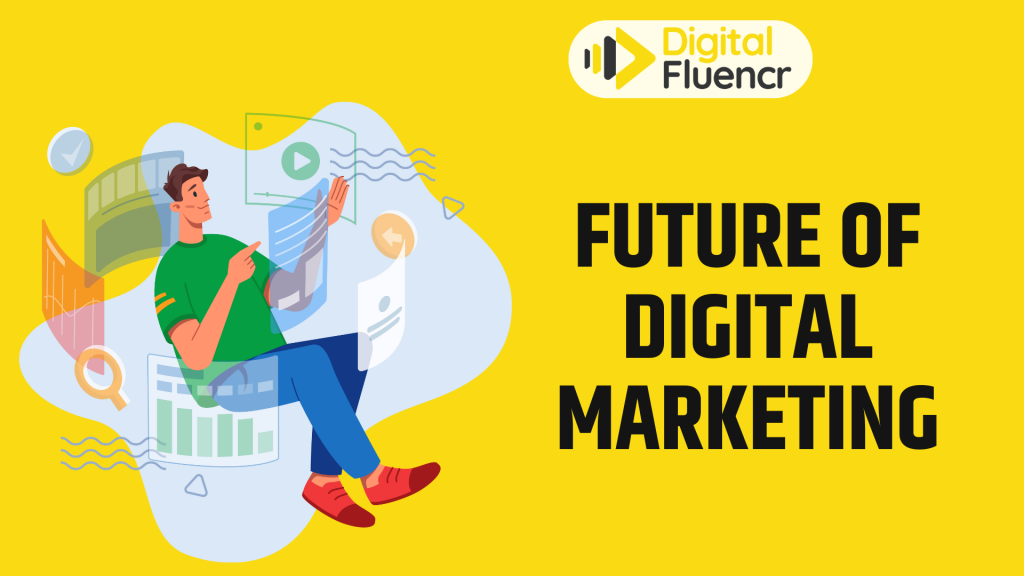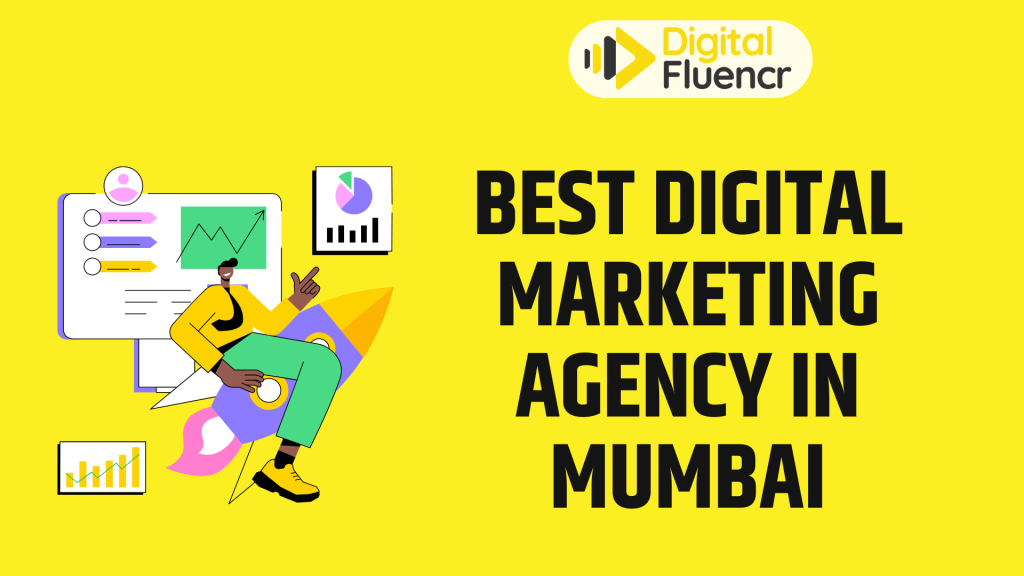The future of digital marketing holds huge potential for businesses seeking to thrive in an increasingly digital world.
As technology advances and consumer behavior evolves, It is important to understand the trends and developments in this field.
In this article, I am going to talk about the exciting possibilities and transformations that lie ahead in the future of digital marketing.
From personalized experiences to the integration of emerging technologies like AI and blockchain, I will help you understand the key trends and insights in the digital marketplace.
So, let’s quickly get into it.
Key Takeaway: Future of Digital Marketing
Before we go into the details, here are some of the key takeaways that represent the immersive future of digital marketing.
- Personalization is key. By 2023, 75% of consumers will expect brands to deliver personalized experiences.
- AI and automation are already being used in digital marketing. This trend is only going to continue.
- According to the research, in 2023, 82% of all internet traffic will be video.
- Social media will continue to be a powerful marketing channel. In 2023, 3.6 billion people will use social media worldwide.
- Global digital marketing spending is expected to reach $480 billion in 2023.
- The metaverse is a virtual world that is still in its early stages of development, but it has the potential to be a major marketing platform in the future.
Future of Digital Marketing
Digital marketing has evolved significantly over the years. It is adapting to change consumer behaviors and technological advancements.
From simple banner ads to sophisticated targeted campaigns, the digital landscape has witnessed a remarkable transformation.
As we look towards the future, the focus shifts towards delivering personalized experiences and leveraging emerging technologies to stay ahead of the competition.
Let’s have a look at the scope, evolution and future trends in digital marketing.
1. Personalization
In the future, personalization will play a crucial role in digital marketing strategies.
Personalization builds a deeper connection, increases engagement, and enhances customer satisfaction.
With the increasing availability of real-time data, marketers will be able to personalize experiences at the moment.
For example, websites and mobile apps can dynamically adjust content based on user behavior, preferences, and demographics. This can create a more engaging and relevant experience for each customer.
2. Artificial Intelligence (AI) in Digital Marketing
As per the predictions, AI and ML technologies will become more prevalent in digital marketing.
A recent study states that the global AI marketing market is expected to reach $32.9 billion by 2025.
These technologies can analyze vast amounts of data to identify patterns, trends, and individual customer preferences. Marketers will be able to leverage AI and ML algorithms to deliver highly personalized content, recommendations, and offers to consumers.
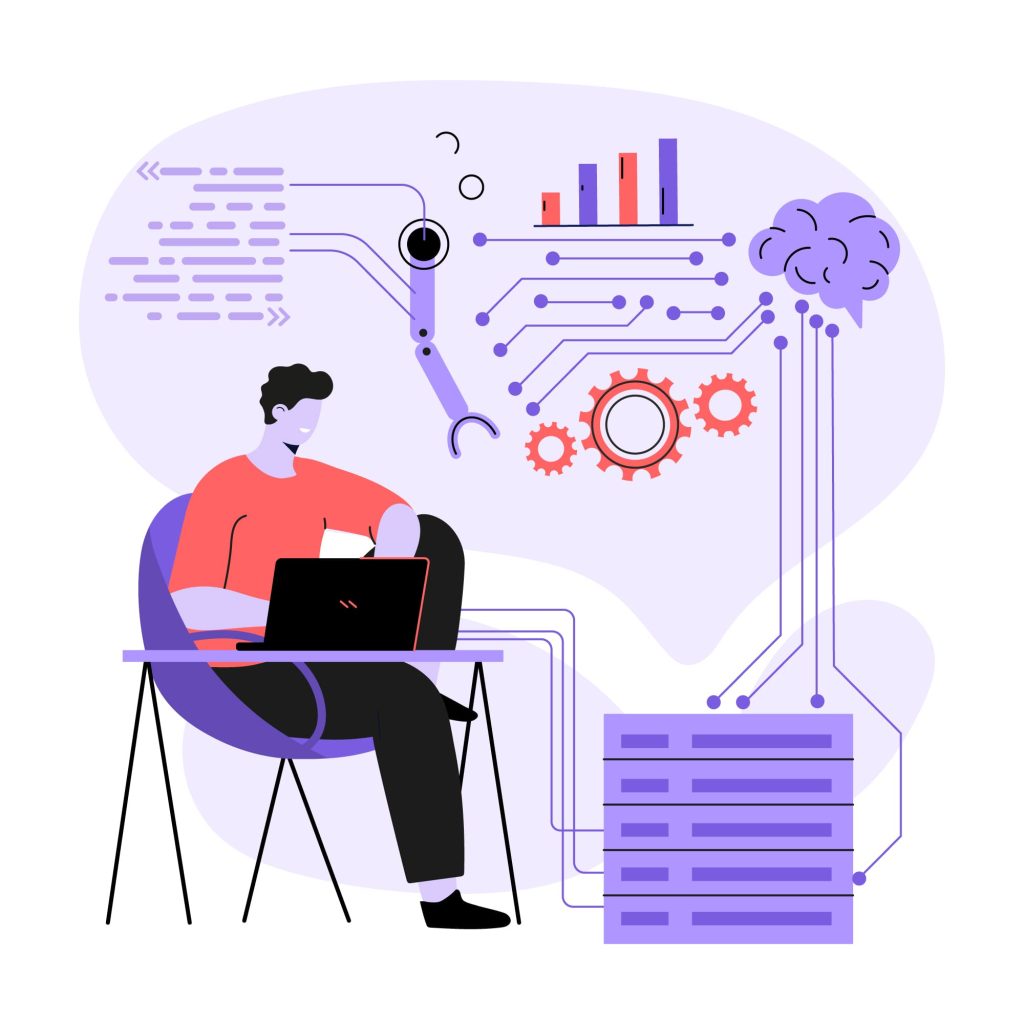
Moreover, Chatbots and virtual assistants powered by AI are transforming customer service. They provide instant support, answer queries, and guide customers through their purchasing journey.
It is estimated that AI-powered chatbots are expected to generate $112 billion in revenue by 2024.
3. Video Marketing
Talking about video marketing, it continues to gain momentum, captivating audiences with its engaging and immersive nature.
More than 80% of businesses use video marketing as a primary tool. And the trend is only going to continue.

With the rise of platforms like YouTube and TikTok, brands are reaching their target customers through compelling storytelling, demonstrations, and tutorials.
4. Voice Search Optimization
The growing popularity of voice assistants such as Siri, Alexa, and Google Assistant is reshaping the way people search for information.
According to a study by ComScore, voice search will account for 50% of all searches by 2023.

Optimizing content for voice search requires understanding natural language patterns and long-tail keywords. Businesses must adapt their SEO strategies to accommodate this shift in search behavior.
5. Influencer Marketing: Increase visibility through Social Media
Influencer marketing has emerged as a powerful tool for brands to reach their target audience through trusted individuals with a significant following on social media.
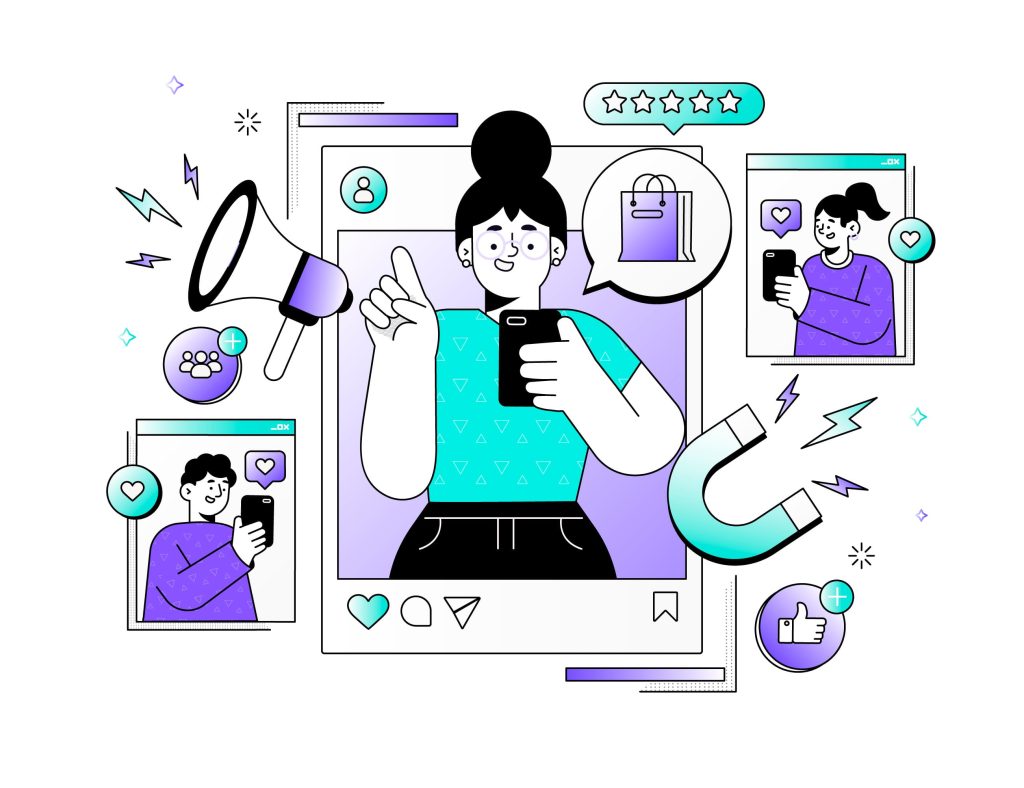
An early study as predicted by Business Insider Intelligence states that influencer marketing will be crossing $15 billion by 2023.
Collaborating with influencers allows brands to tap into their influence and credibility, creating authentic connections with their target customers.
6. Augmented Reality (AR) and Virtual Reality (VR)
Coming to the AR and VR technologies, they provide immersive experiences, allowing customers to interact with products virtually.
Many brands are utilizing this technology to create virtual showrooms, enabling customers to visualize products before making a purchase.
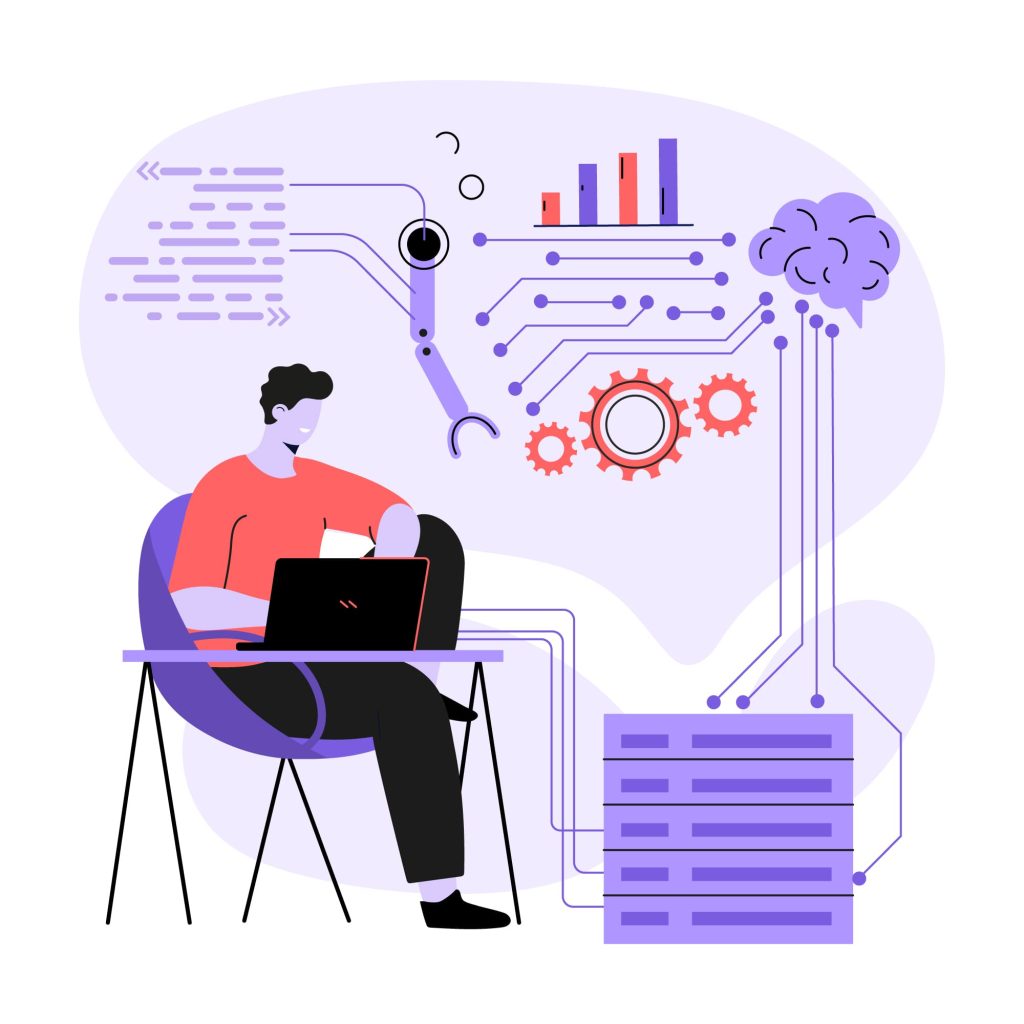
A recent study suggested that, by 2024, the number of AR and VR users is expected to reach 2.5 billion.
As you see, many marketers are adopting this technology rigorously. AR and VR are still relatively new technologies, but they can potentially revolutionize how businesses market their products and services.
7. Data Privacy and Security
As digital interactions increase, ensuring data privacy and security becomes crucial for businesses.
Consumers are becoming more aware of their data rights and demand transparency from brands. Building trust through robust data protection measures will be fundamental for successful digital marketing strategies.

According to a report by MarketsandMarkets, the global market for privacy-enhancing technologies is projected to reach $9.8 billion by 2025. Growing at a compound annual growth rate (CAGR) of 13.7% from 2020 to 2025.
8. Marketing Automation
Marketing automation has the potential to revolutionize the way that marketers reach and engage with their target audiences.
Spending on Marketing automation is expected to exceed 25 million by the end of 2023. This shows how businesses have been involved in improving their approach to connecting with the end user.
Automation tools and platforms streamline repetitive marketing tasks, such as email campaigns, social media scheduling, and lead nurturing.
9. Blockchain in Digital Marketing
The future of blockchain in digital marketing is still uncertain, but there is a lot of potential for this technology to revolutionize the way that marketers reach and engage with their target audiences.
According to a survey conducted by Advertiser Perceptions, 57% of marketers believe blockchain can help improve campaign measurement and attribution.
It can be efficiently used to create more transparent digital marketing campaigns, improve security and personalization, and prevent fraud in digital marketing campaigns.
10. The Rise of Micro-Moments
Micro-moments will continue to play a crucial role in the future of digital marketing as consumer behavior becomes increasingly focused on instant gratification and immediate information access.
A study by Google found that 70% of purchase decisions are made during micro-moments.
11. Mobile Marketing
Businesses of all sizes are realizing the importance of mobile marketing. A study by eMarketer found that mobile ad spending is expected to reach $209.2 billion in 2022.
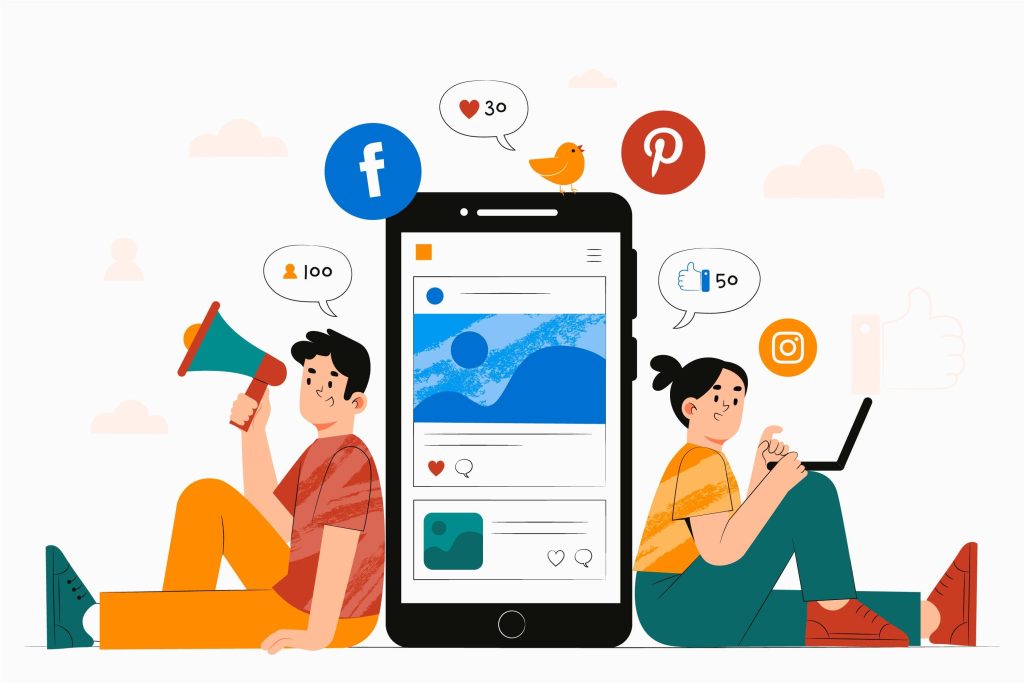
According to Statista, the number of mobile phone users worldwide is projected to reach 7.26 billion in 2023.
This indicates the massive potential for mobile marketing.
Related Reads:
Final Verdict: Future of Digital Marketing
As we see, the future of digital marketing holds tremendous opportunities and transformations.
Digital marketing has enabled small businesses and entrepreneurs to improve their return on investment (ROI) and run effective advertising efforts.
The efficacy of digital marketing methods will eventually reach new heights, allowing businesses to make the most of AI, SEO, AR, and VR tactics.
Staying ahead of these trends and adopting innovative strategies is crucial in such a dynamic and competitive digital marketplace.
What are your thoughts on this? Let us know in the comment section below.
FAQs: Future of Digital Marketing
Yes, digital marketing will continue to be highly useful in the future as technology advances and consumer behavior evolves.
In 2030, there will be more personalization in online marketing. Consumers want businesses to provide personalized experiences that are suited to their specific requirements and interests. Marketers will leverage modern technologies such as AI and machine learning to achieve this expectation.
By 2025, we may expect to witness an increase in the usage of chatbots, social platforms, and virtual reality marketing strategies. Future business trends predict that these strategies will increase the company’s revenues.
